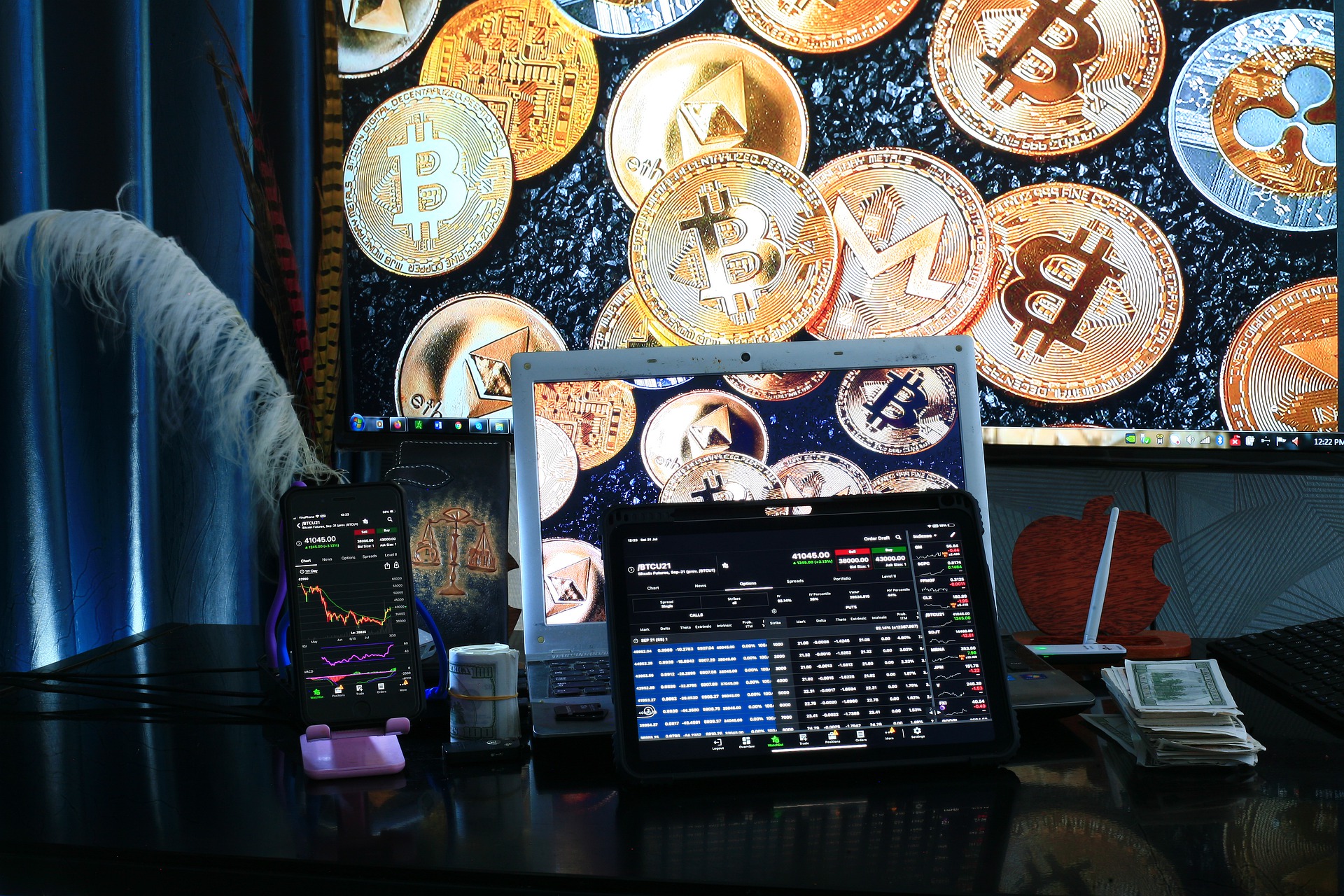Table of Contents
What is crypto trading?
Crypto trading is buying and selling cryptocurrencies, often through an online exchange. The cryptocurrency market has already gained much traction in recent years. In 2017, the total value of all cryptocurrencies rose from $17 billion to over $800 billion, and it is now estimated that there are over 18 million Bitcoin holders around the world.
Increasing adoption of cryptocurrencies
One of the key factors driving this growth is the increasing adoption of cryptocurrencies in emerging markets. In particular, countries in the Middle East and North Africa (MENA) region have been quick to embrace digital currencies to circumvent traditional financial systems.
Why give up USD for crypto?
Although the US dollar has been the world’s reserve currency for many years there are several reasons why countries in the Middle East and North Africa (MENA) region might want to consider ditching the dollar in favour of crypto.
The dollar is subject to inflation. It means that over time, the purchasing power of the dollar decreases. Many factors cause inflation, but one of the most important is the money supply. The more USD there are in circulation, the less each one is worth.
Here are some reasons why MENA investors are turning to cryptocurrencies:
Lack of trust in traditional financial systems
The main reason for the growing popularity of cryptocurrencies in MENA is the lack of trust in traditional financial systems. In many countries in the region, banks and other financial institutions have been plagued by corruption and fraud, which has eroded public confidence in these institutions.
Many people are turning to cryptocurrencies to store their wealth and make payments. Cryptocurrencies are decentralized, meaning any single entity does not control them. It makes for a more secure option than traditional currencies, which governments or banks can easily manipulate.
Ability to circumvent currency controls
Another key factor driving the growth of cryptocurrency trading in MENA is the ability to circumvent currency controls. Many countries in the region have strict controls on capital movement, which makes it difficult to convert local currency into US dollars or other foreign currencies.
Cryptocurrencies provide a way to get around these restrictions. For example, Bitcoin can be used to buy goods and services online without the need to convert them into US dollars. It makes it much easier for MENA investors to access international markets and diversify their portfolios.
High levels of inflation
Another key factor driving the growth of cryptocurrency trading in MENA is high inflation levels. In countries like Venezuela and Argentina, inflation has reached triple digits in recent years, making it very difficult for people to save and invest their money.
Cryptocurrencies offer a way to protect against inflation by allowing people to store their wealth in a digital asset that is not subject to the same inflationary pressures as traditional fiat currencies.
Political instability
Political instability is another critical factor driving the growth of cryptocurrency trading in MENA. In countries like Syria and Iraq, political unrest and violence have made it difficult for people to access their bank accounts or make international payments.
Crypto provide a way to make payments and transfer funds without going through traditional financial institutions, which can be unreliable in these unstable environments.
Growing awareness of Bitcoin and other cryptos
Finally, another critical factor driving the growth of cryptocurrency trading in MENA is the growing awareness of Bitcoin and other cryptocurrencies. There has been a surge in social media coverage of cryptocurrencies, which has helped to raise public awareness of these assets.
At the same time, many businesses and online platforms have started to accept Bitcoin and other digital currencies. It has made it easier for people in the region to buy, sell, and use cryptocurrencies.
In conclusion
All of these factors help drive the growth of cryptocurrency trading in MENA. As more people become aware of these assets and their potential benefits, more investors will likely turn to digital currencies to store their wealth and make payments.




